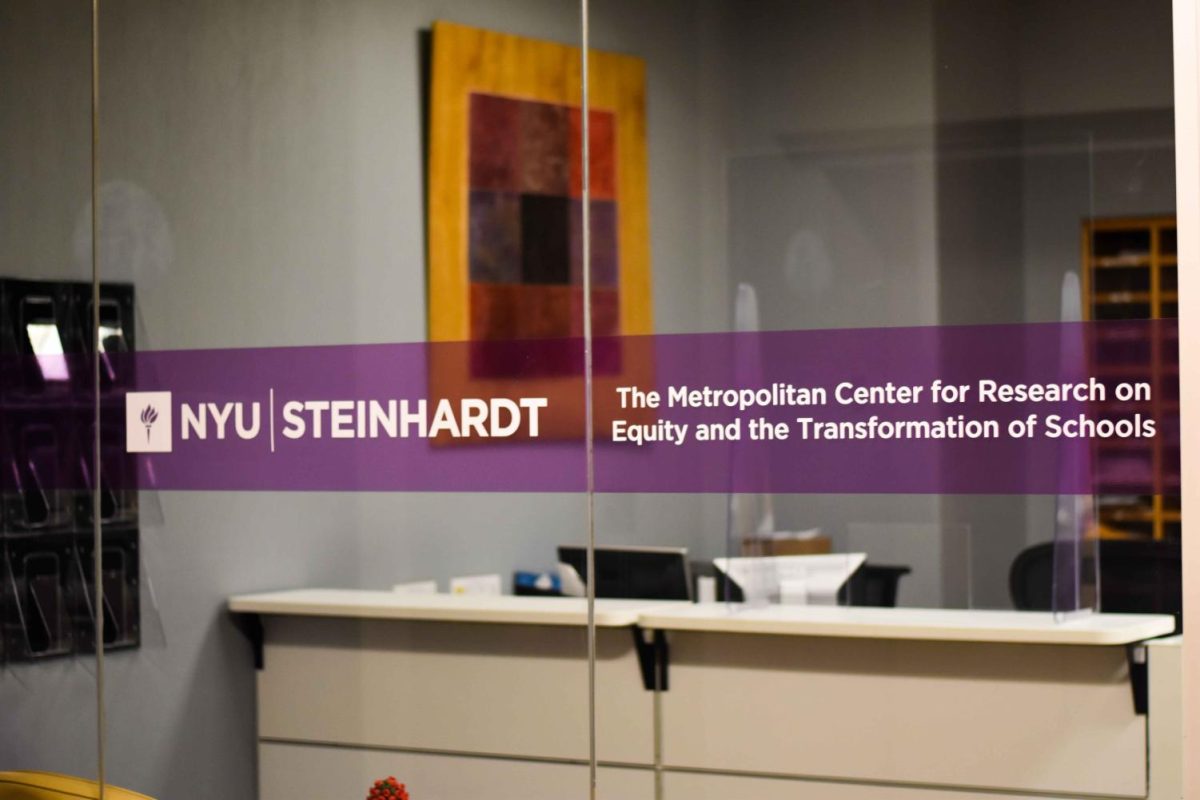Researchers at the Steinhardt School of Culture, Education, and Human Development helped develop a guide to supporting diversity and civic engagement in U.S. public schools. On Thursday, Steinhardt participated in a webinar to detail the guide’s suggestions for creating “culturally responsive” programming.
The Metropolitan Center for Research on Equity and the Transformation of Schools at Steinhardt partnered with the Local Progress Impact Lab, Heal Together and Race Forward to design the toolkit, which was published Aug. 23. The guide aims to promote a Culturally Responsive Education curriculum, an education method that focuses on students’ cultural identities to “challenge systemic racism” in public schools.
“Too many of the United States public school curricula do not reflect student populations or the diverse world that exists,” the guide read. “Most curricula still heavily rely on predominantly white, Eurocentric narratives. These narratives greatly shape how students perceive and interpret themselves and the world around them.”
At the Thursday webinar, panelists said that the CRE curriculum aims to offer students a more culturally inclusive understanding of history and identity, emphasizing the value of revamping public school programming to reflect diverse narratives.
Panelist Flor Khan, a key contributor to the project and head researcher for Steinhardt’s Education Justice Research and Organizing Collaborative — an initiative that promotes education justice through grassroots solutions — highlighted the need for schools to implement CRE with extensive and comprehensive reforms in an interview with WSN.
The toolkit outlines steps that public school boards could take to advance a more culturally inclusive curriculum. The policy-making steps would include assessing the socioeconomic status of the student bodies in public schools, training educators in CRE and accepting feedback from community members in schools on reforms throughout the implementation process. It also outlines case studies of school districts adopting the curriculum in Hawaii, Georgia and New Mexico.
Last year, EJ-ROC introduced its “Culturally Responsive Curriculum Scorecards,” a toolkit designed for educators, parents and students to score the inclusivity of their schools’ curriculum. Community members could assess their school districts based on how effectively students are represented and exposed to diverse historical perspectives to increase cultural awareness.
Contact Bruno Iannelli de Cunto at [email protected].


























































































































































